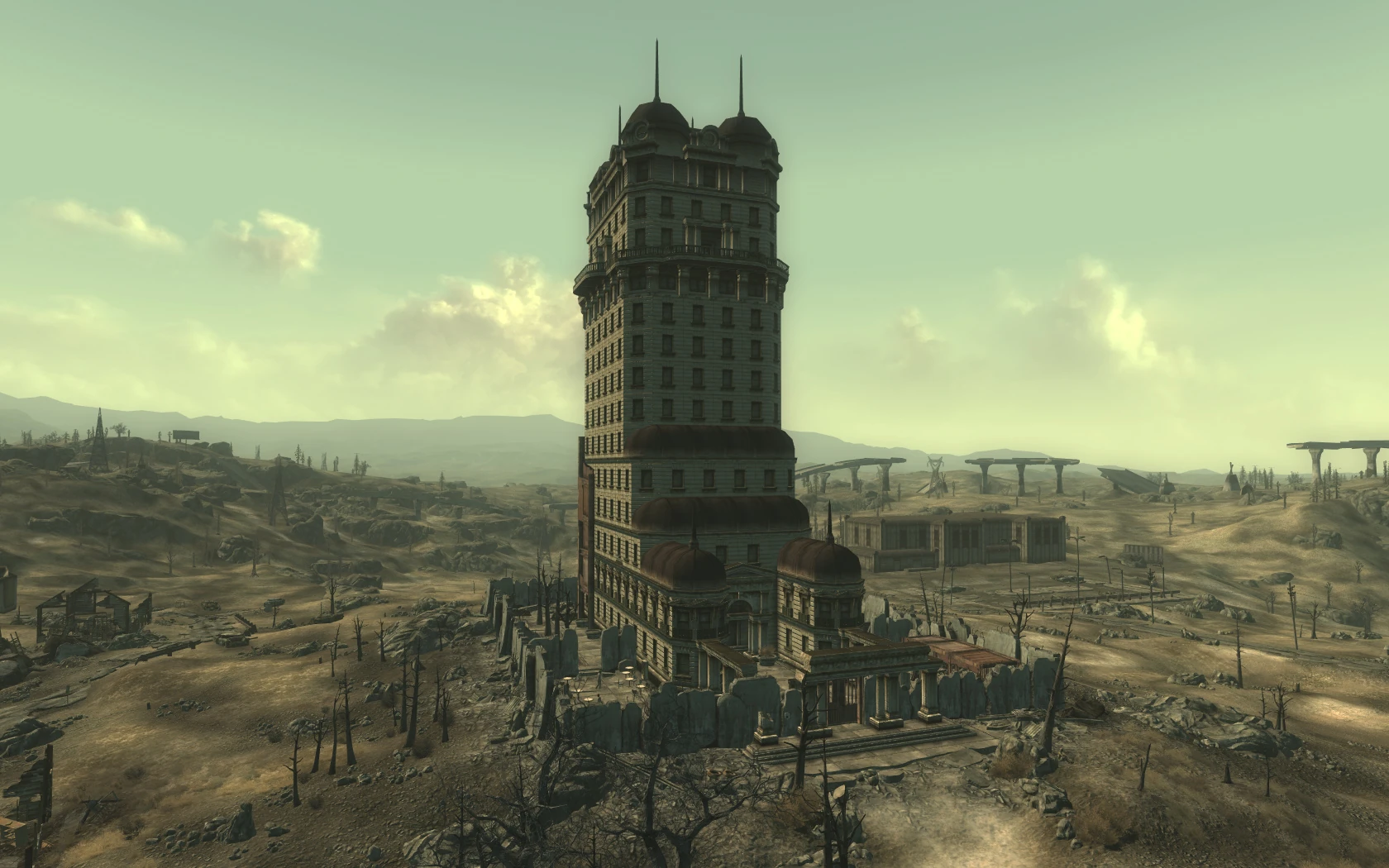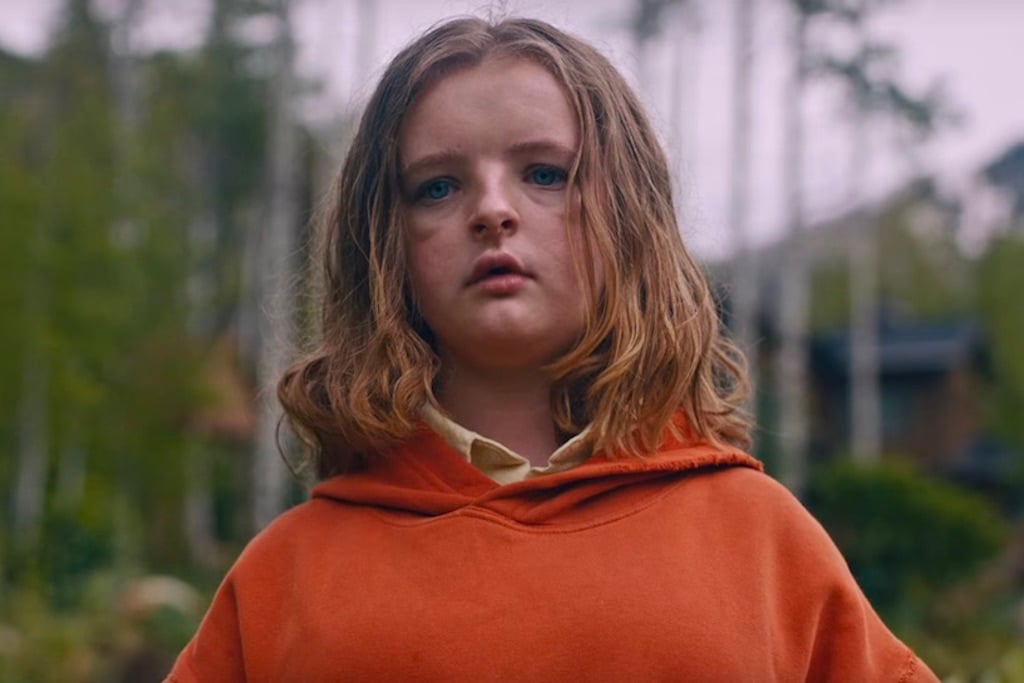Roar is a truly stupefying movie. It was released in 1981 to
what I assume was little fanfare—I was born a year later, so I wouldn’t really know,
but it’s not like it won awards or anything—starring Tippi Hedren, Noel
Marshall, Melanie Griffith, and Melanie’s two brothers. That this was basically
a home movie produced by the Marshall family is strange, and that they had to
sell assets, like their Beverly Hills mansion, to make this film is outright bizarre.
Go to Roar’s IMDB page
and you’ll find an unending supply of interesting tidbits. It gives a pretty
complete breakdown of the injuries suffered by the cast and crew, though it
somehow doesn’t say that anyone died during filming. This is odd because so
many of the people who worked on this movie, including almost every member of
the Marshall family, were severely attacked by giant felines.
You would think this would stop people from making such a
dangerous movie. You would also be wrong! The Marshall family had the idea to
make a film about a father, living in Africa, who is not home when his family
visits him unexpectedly. Unbeknownst to them, their father resides with around
50 full-grown lions and tigers, without fencing or any sort of barriers between
himself and the animals. It would make a great CGI-animated movie except that
there was no CGI or any effects whatsoever. They all went to Africa and played
with 50+ carnivorous felines for a few years. I saw this at the Fantasia
Festival in Montreal, and the reaction of the crowd within the first 10 minutes
was just laughter. It continued until the rest of the movie, but those first 10
minutes were shocking, as the Noel Marshall doesn’t really act as much as he
shows himself living with lions. Entering the house, they pin him up against
the wall playfully—I guess? Still not sure they really wanted to eat him—and he
continues about his business as if there’s nothing abnormal about getting
pushed around by a lion. He ups his game after by interfering with a lion fight
between the good lion and some bad lion that wants to claim the territory as
his own. That they tried to make a plot within this movie about some lion
that’s trying to take over is absurd on its own. I mean…it’s like watching a
comedy—a fail video that you can’t possibly believe someone actually tried
because it’s so stupid and why are they honestly trying to kill themselves oh
god I can’t watch.
It’s an unbelievable movie just because of the animals.
There’s nothing worth saying about the plot, other than the family spends time
running away from lions, tigers, and an elephant, which also tries to kill them
in real time. I don’t know that they bothered even trying to act for this movie
since there must have been so much distraction, what with lions potentially
mauling you to death in every scene. The more you keep trying to wind your
brain around it, the more it sees this movie as a surrealistic portrait of
insanity, something so rare and weird that the fact that it was made almost 40
years ago seems trivial. There are older movies who pushed limits, like
cannibal holocaust did when they decided to kill real animals on-screen or films
like I Spit on Your Grave, which bath in depravity. Most had the intention of
horrifying you, as you witnessed something disturbing and shocking. But Roar
goes into another realm directly, telling you that the thing you’re seeing that
is outright shocking is totally normal and something to be celebrated. You just
find yourself so awe struck that you can’t help but laugh while the cast are
filmed being attacked.
The greatest achievement this movie makes is ultimately
getting an entire family to sleep with lions comfortably, as if they’re cuddly
pets. I don’t think anyone could pull it off today, let alone on film (the fact
that a film like this has zero chance of being made nowadays not withstanding).
If my child decided that he wanted to make a movie like this, I would barricade
him in his room forever. What the hell people?! Anyway, I highly recommend
watching this piece of remarkable history. It’s an experience unlike any other,
something that will never occur ever again. It’s also batshit insane and I’m
nearly positive that someone HAD to have died while filming, but the Marshall
family covered it up so they could release this ridiculous piece of film history.






/cdn.vox-cdn.com/uploads/chorus_image/image/60320203/InfinityWar5ac2dbc3bff5c.0.jpg)

